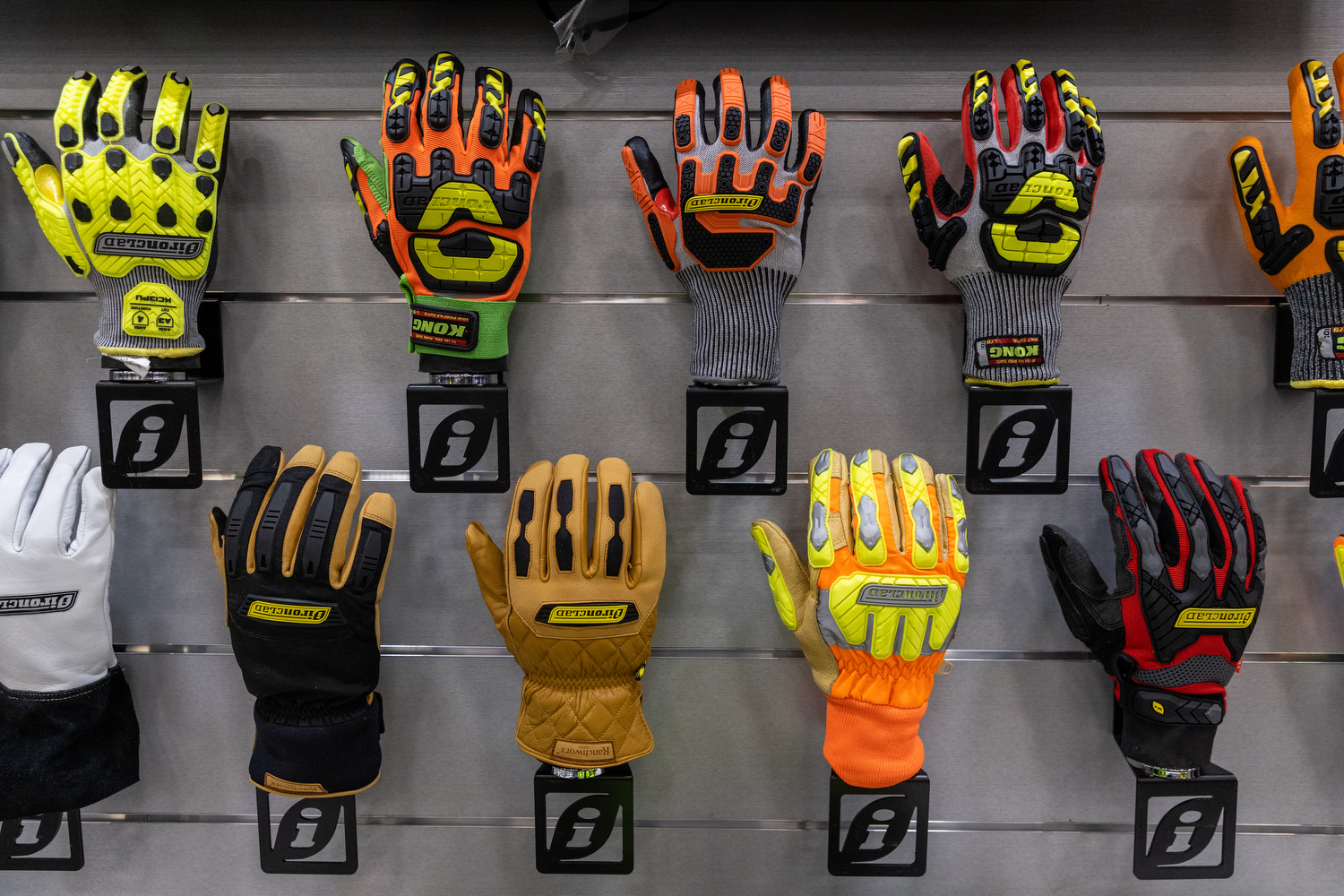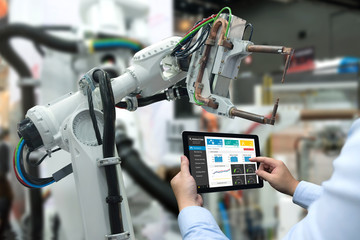The fastener industry has long been an essential part of manufacturing and construction, providing the nuts, bolts, screws, and other crucial components that hold everything together. In recent years, the fastener industry has undergone a digital transformation, embracing B2B ecommerce to streamline operations and enhance customer experiences. As we move through 2023, let’s take a look at some of the top trends shaping B2B ecommerce in the fastener industry.
- Enhanced Product Visualization
In the past, buying fasteners often involved flipping through catalogs or deciphering technical drawings. In 2023, B2B ecommerce platforms in the fastener industry are investing in advanced product visualization tools. This allows buyers to view detailed 3D models, zoom in on product images, and even visualize how the fasteners will fit into their projects. Improved product visualization enhances the buying experience and helps customers make more informed decisions.
- Personalized Product Recommendations
Personalization is a key trend across ecommerce industries, and the fastener sector is no exception. B2B ecommerce platforms are using data analytics and machine learning algorithms to provide personalized product recommendations. These systems take into account a customer’s past purchases, browsing history, and industry-specific needs to suggest the most relevant fasteners. This not only saves time for buyers but also increases the likelihood of cross-selling and upselling.
- Mobile-Friendly Ecommerce
As mobile devices continue to dominate internet usage, B2B ecommerce platforms in the fastener industry are optimizing their websites and applications for mobile devices. Mobile-friendly designs make it easier for buyers to access product catalogs, place orders, and track shipments on their smartphones and tablets. This trend is especially beneficial for field engineers and construction workers who need to make quick decisions on-site.
- Integration with ERP Systems
Efficient inventory management is critical in the fastener industry, where timely deliveries are essential. B2B ecommerce platforms are increasingly integrating with Enterprise Resource Planning (ERP) systems. This integration allows for real-time inventory updates, order tracking, and streamlined communication between manufacturers, distributors, and customers. By syncing data across platforms, businesses can minimize errors and improve supply chain efficiency.
- Sustainability and Eco-Friendly Products
Sustainability is a growing concern in all industries including the fastener industry. In 2023, B2B ecommerce platforms are highlighting eco-friendly fasteners and packaging options. This trend reflects the industry’s commitment to reducing its environmental footprint. Buyers are increasingly looking for products that align with their sustainability goals, making this a trend that cannot be ignored.
- AI-Driven Customer Support
Artificial Intelligence (AI) is revolutionizing customer support in the fastener industry. B2B ecommerce platforms are using AI-powered chatbots and virtual assistants to provide instant responses to customer inquiries, track order statuses, and offer technical support. This not only improves customer satisfaction but also reduces the burden on customer service teams, allowing them to focus on more complex issues.
The fastener industry is evolving rapidly in response to the changing digital landscape. B2B ecommerce is at the forefront of this transformation, offering enhanced product visualization, personalization, mobile accessibility, and sustainability options. Integration with ERP systems and AI-driven customer support are also improving operational efficiency and customer satisfaction.
As we wrap up this year and move closer to 2024, fastener businesses that embrace these ecommerce trends are likely to thrive in a competitive market. By leveraging these technologies and strategies, the fastener industry is securing a stronger and more sustainable future.








